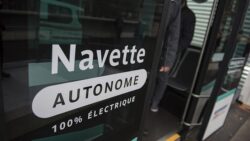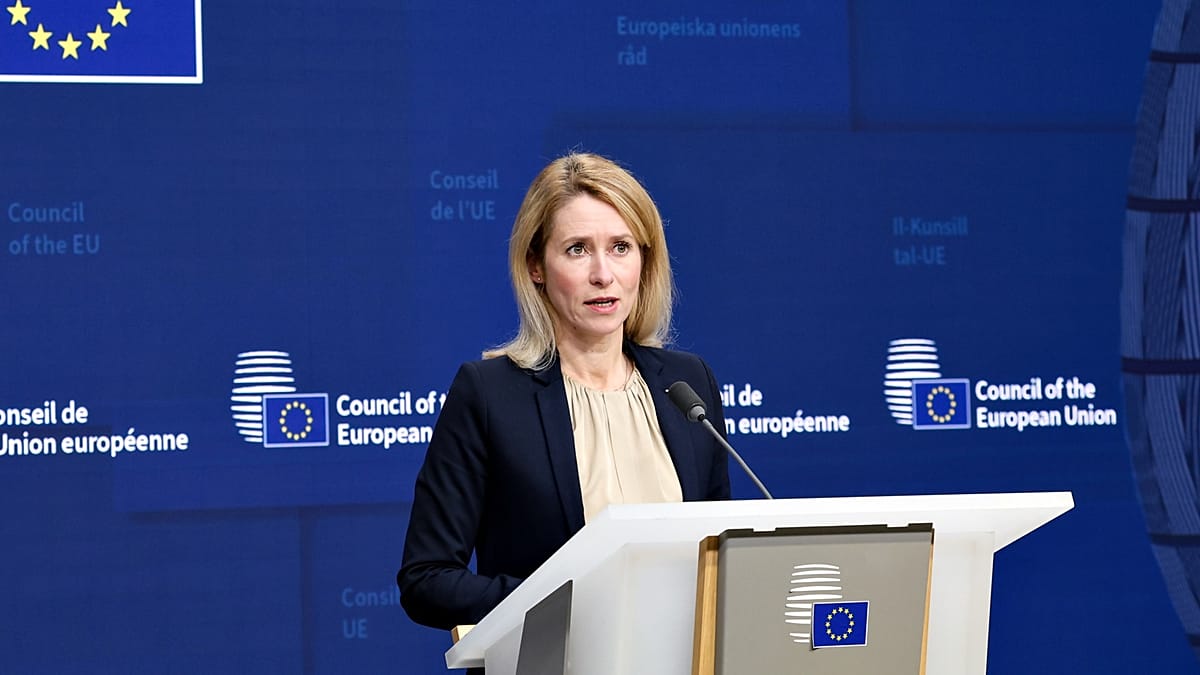The European Commission presented plans on Tuesday that would mean every new bus within the bloc’s cities would have to be zero-emissions by 2030.
Under the new plans, the truck and lorry sector would also have to significantly reduce its emissions, but by 90% by 2040, rather than by a full 100%.
Frans Timmermans, Vice-President of the European Commission, explained that this is due to the ability of battery-powered vehicles in lower-temperature regions.
“We must also take into account the very specific circumstances linked to climatic conditions,” Timmermans told reporters in Strasbourg.
“We are talking about means of transport that are very, very heavy, and therefore need an enormous amount of energy and you know very well that in climatic conditions, for example, cold weather or in mountainous regions, it must still be possible to continue at a certain point with thermal engines.”
The aim is part of an effort to electrify vehicles, as Brussels looks to make the transport sector carbon-neutral.
According to the European Commission, road transport currently accounts for one-fifth of greenhouse gas emissions in the EU and one-third of energy consumption.
The chair of the European Parliament’s environment committee, Pascal Canfin, told Euronews that the negotiations on buses should be easier compared to those on car emissions, which were fraught with difficulties last year.
“On buses, for example, I expect quite a lot of support because local authorities from all political sides have already supported this type of initiative,” the French MEP said on Tuesday.
“As for trucks, there is a question to be resolved: are we in favour of 90% in 2040 or are we in favour of 100% in 2040? This is the question. So, I think we should be able to go faster than we did on cars and close this text during this mandate.”
But not every lawmaker is supportive of the new proposals. Yannick Jadot, a Green MEP – also on the environment committee – said that the plans send an incorrect message to truck manufacturers.
“The European Commission’s proposal is bad news for all citizens, and it sends the wrong signal to manufacturers,” he said.
“With this proposal, the Commission is calling into question the objective of achieving carbon neutrality in 2050. By doing so they try to please the European right wing, which is trying, by all means, to hinder the effective implementation of the Green Deal.
“With this proposal, the European Commission is acknowledging the fact that trucks running on fossil fuels, especially diesel, can continue to drive on European roads after 2050. This is despite the fact that manufacturers are ready to commit to a more ambitious trajectory than the European Commission’s proposal,” he added.
MEPs also approved on Tuesday, legislation banning the sale of new diesel and petrol cars from 2035, which the European Council must now rubber-stamp before it comes into force.
Hot Topic
Learn more about
Climate crisis





